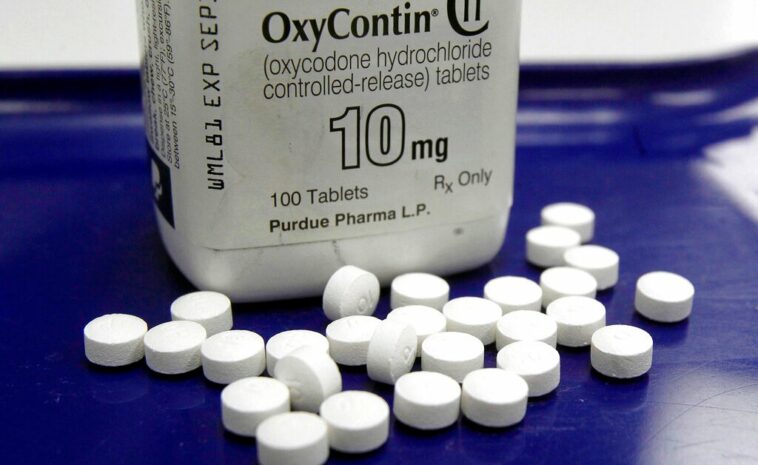Introduction:
Telehealth has been on the rise since the COVID-19 pandemic hit, and it has provided patients with access to care without leaving their homes. However, the Biden Administration has moved to limit telehealth prescriptions for some drugs.
The move is part of the new prescription drug law aimed at reducing inflation and ensuring that drug companies pay rebates to Medicare [2]. In this article, we will discuss the impact of the new prescription drug law on telehealth prescriptions.
Background:
On August 12, 2021, the Biden Administration released an interim final rule aimed at limiting telehealth prescriptions for certain controlled substances. The move is part of the new prescription drug law, which requires drug companies to pay rebates to Medicare when their prescription drug prices increase faster than the rate of inflation for certain drugs dispensed to people with Medicare [2].
According to the new rule, telehealth practitioners can no longer prescribe certain controlled substances, including opioids, without first conducting an in-person medical evaluation of the patient [1].
Impact on Telehealth Prescriptions:
The new rule has a significant impact on telehealth prescriptions. The rule limits the ability of telehealth practitioners to prescribe certain controlled substances, including opioids, without first conducting an in-person medical evaluation of the patient.
The move is aimed at reducing the risk of prescription drug abuse and ensuring that drug companies pay rebates to Medicare. The new rule applies to Medicare beneficiaries, and it is expected to have a significant impact on the use of telehealth services for controlled substance prescriptions [1].
Telehealth practitioners can still prescribe controlled substances via telehealth if they have conducted an in-person medical evaluation of the patient. However, the requirement for an in-person evaluation may limit access to care for some patients who have difficulty traveling to a medical facility.
It is important to note that the new rule does not apply to all controlled substances, and there are some exceptions to the in-person evaluation requirement [1].
A take home:
The new prescription drug law has a significant impact on telehealth prescriptions. The move to limit telehealth prescriptions for certain controlled substances, including opioids, is aimed at reducing the risk of prescription drug abuse and ensuring that drug companies pay rebates to Medicare.
Telehealth practitioners can still prescribe controlled substances via telehealth if they have conducted an in-person medical evaluation of the patient. However, the requirement for an in-person evaluation may limit access to care for some patients who have








GIPHY App Key not set. Please check settings